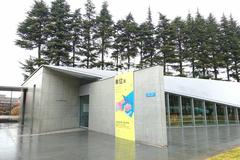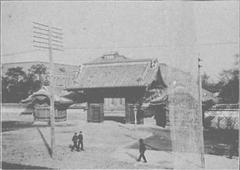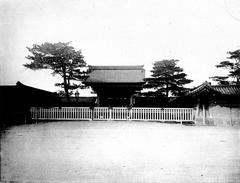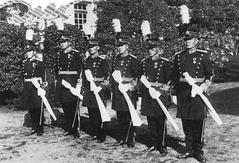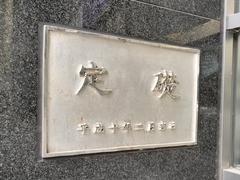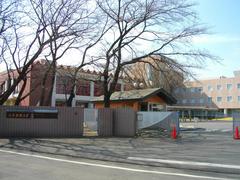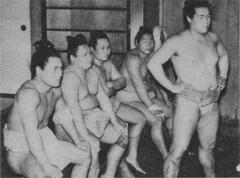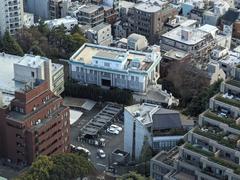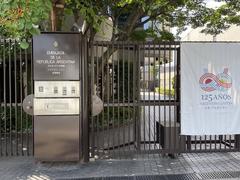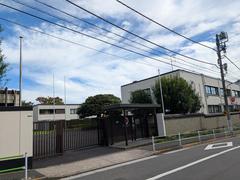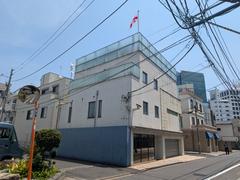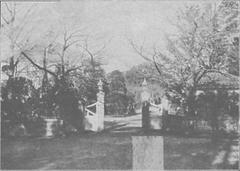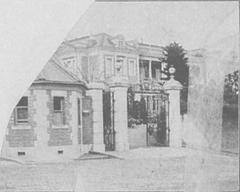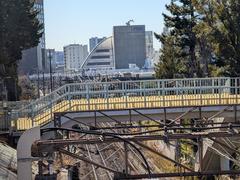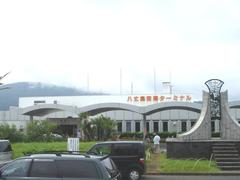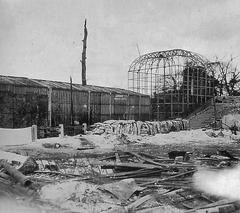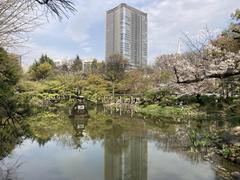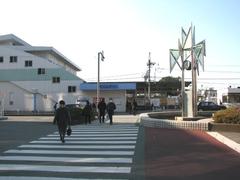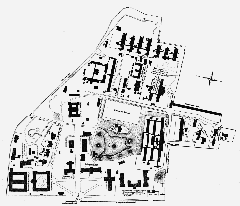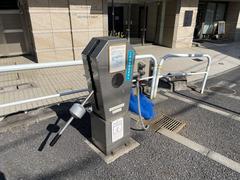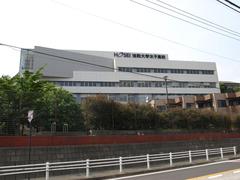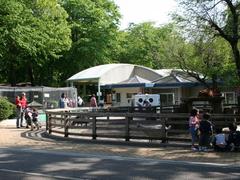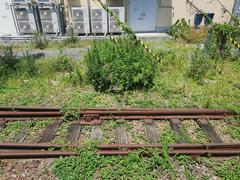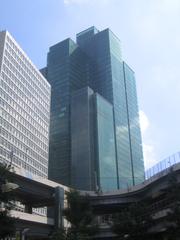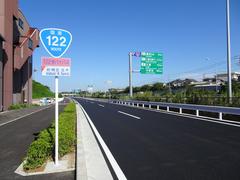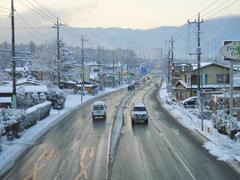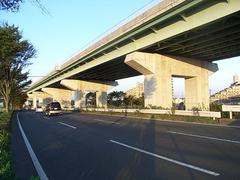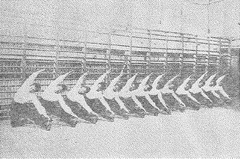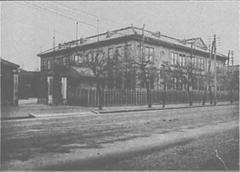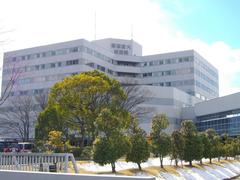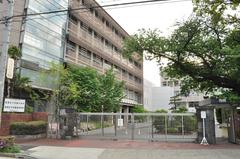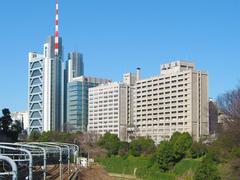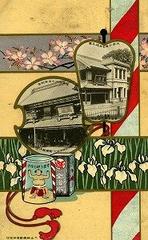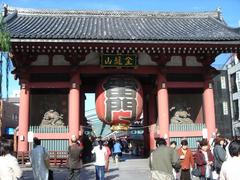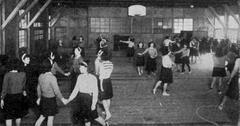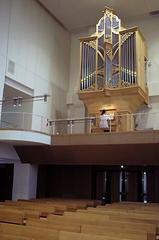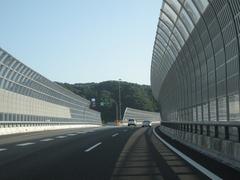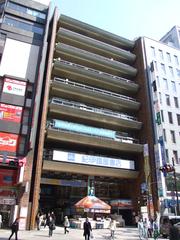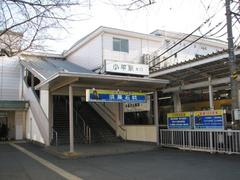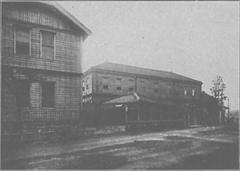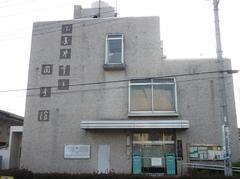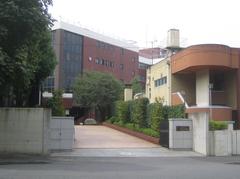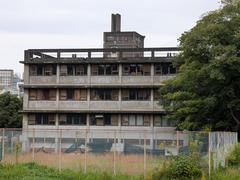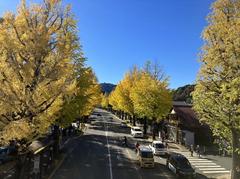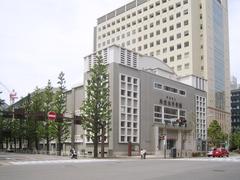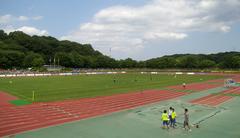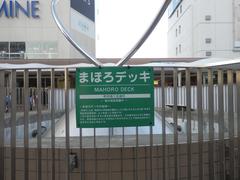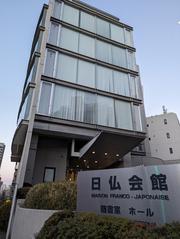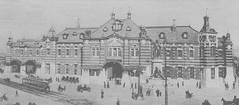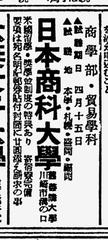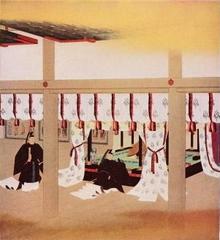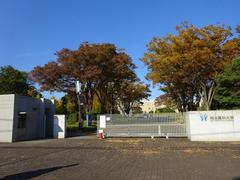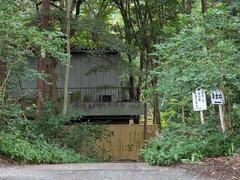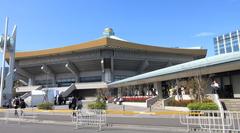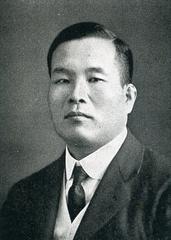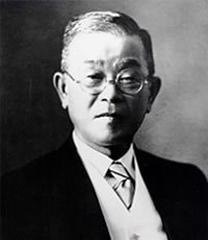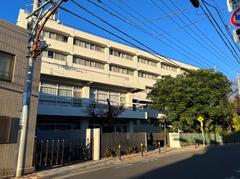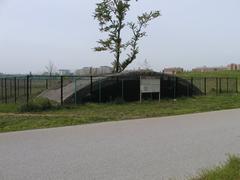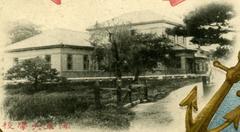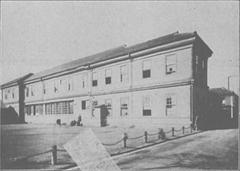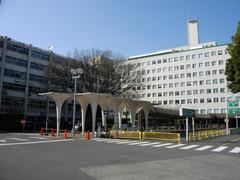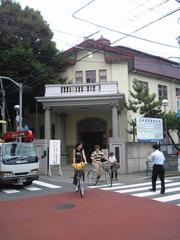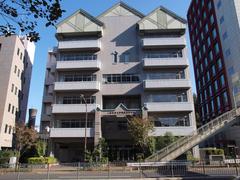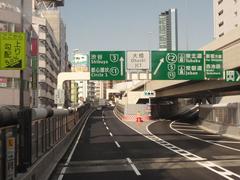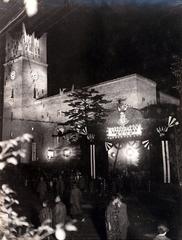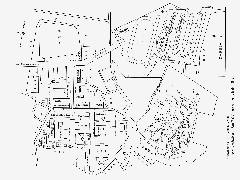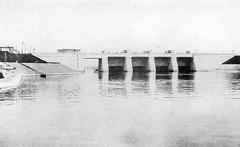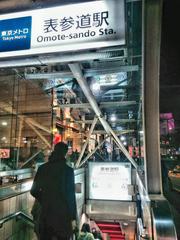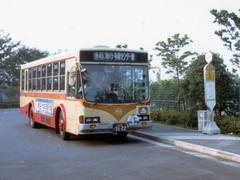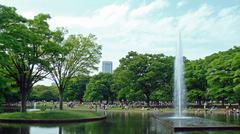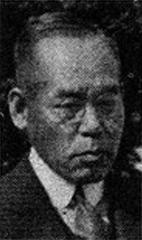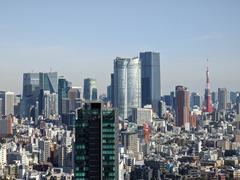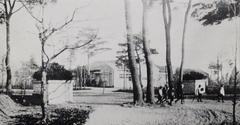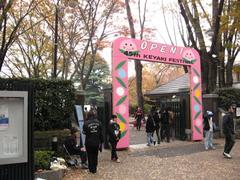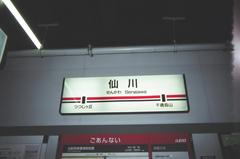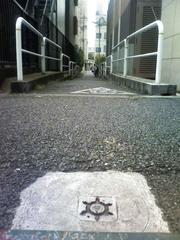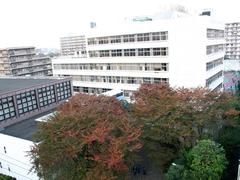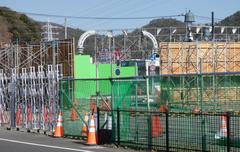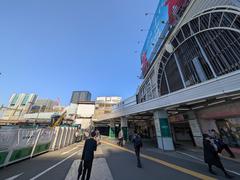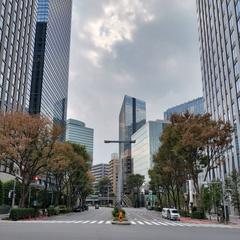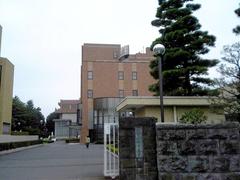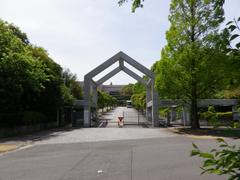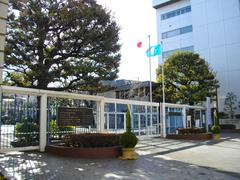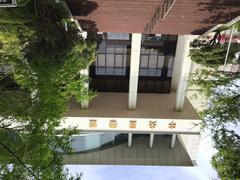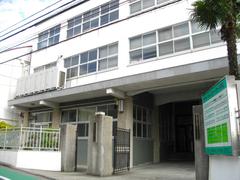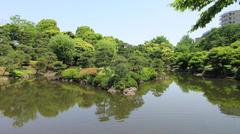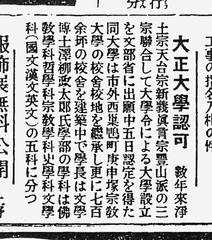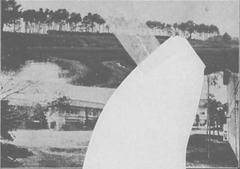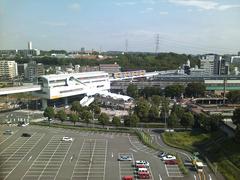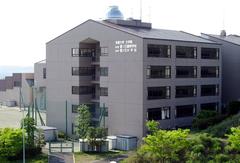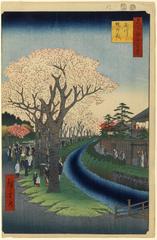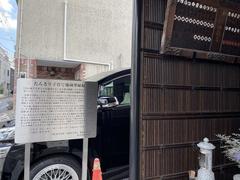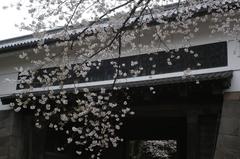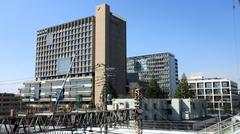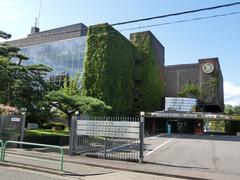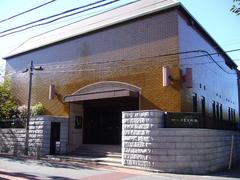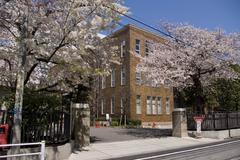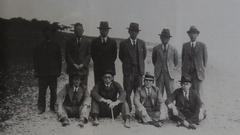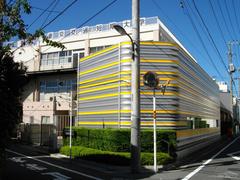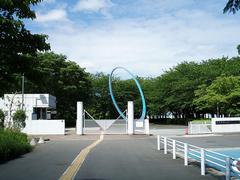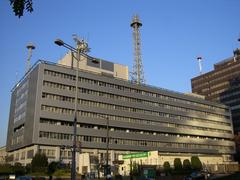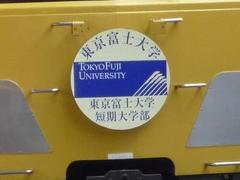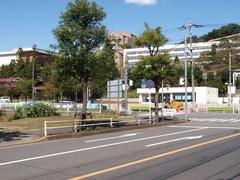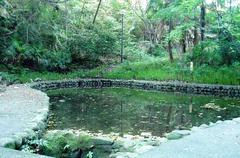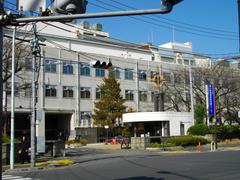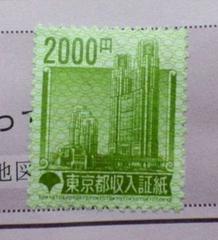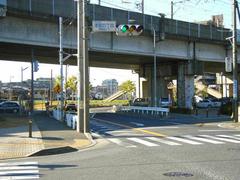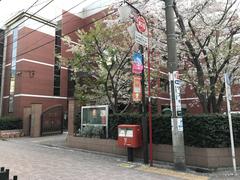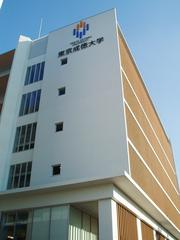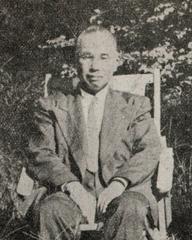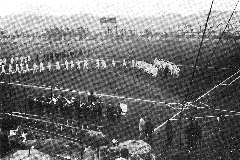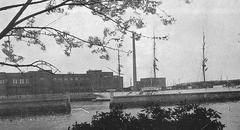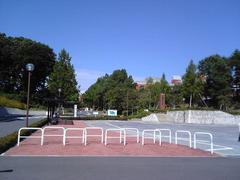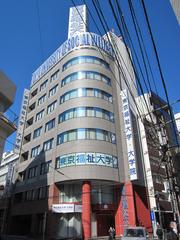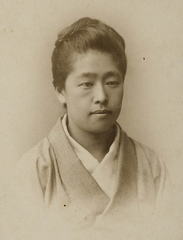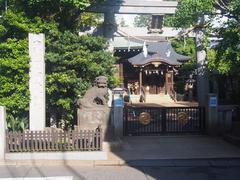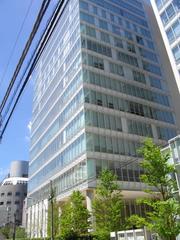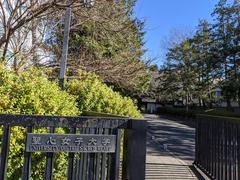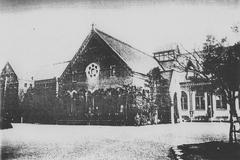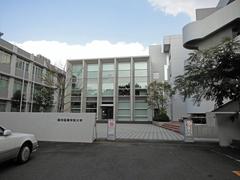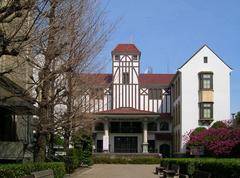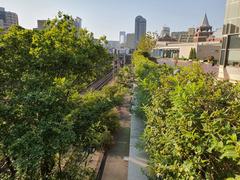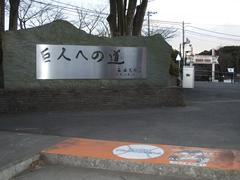
Akigawa Station Tokyo: Visiting Hours, Tickets, and Travel Guide
Date: 04/07/2025
Introduction: Akigawa Station’s Role for Tokyo Travelers
Akigawa Station (秋川駅), located in the western part of Tokyo Metropolis, serves as a vital hub for exploring the natural beauty and cultural heritage of Akiruno City. Established in 1925 on the JR Itsukaichi Line, the station has evolved from a rural outpost into a modern, accessible gateway for travelers seeking Tokyo’s hidden gems. Whether you are interested in tranquil river valleys or historical landmarks, Akigawa Station is your entry point to a side of Tokyo few tourists experience (Japan Travel).
With daily operations from the early morning until midnight, Akigawa Station offers multiple ticketing options, barrier-free access, and seamless connections to local buses and taxis. The surrounding area features a variety of attractions, including the scenic Akigawa Valley, historic shrines and temples, and traditional dining spots. Seasonal events such as hydrangea festivals and cherry blossom viewing offer unique insights into local culture (JR East; Akiruno City Tourism; Tokyo Tokyo Nature).
This guide provides detailed information on visiting hours, ticketing, transportation, accessibility, must-see sites, travel tips, and more, ensuring you have everything you need for a rewarding visit to Akigawa Station and its surroundings.
Contents
- Visiting Akigawa Station: Hours, Tickets, Accessibility
- How to Get There: Train and Bus Options
- Nearby Attractions and Seasonal Highlights
- Historical Background and Cultural Significance
- Akigawa Valley: Activities, Nature, and Events
- Practical Travel Tips and FAQs
- Visual Resources and Media Suggestions
- Summary and Recommendations
- Official Sources and Links
Visiting Akigawa Station: Essential Information
Hours and Ticketing
- Operating Hours: Approximately 5:00 AM to midnight, matching train schedules. Staffed ticket office (Midori no Madoguchi) typically open 6:00 AM–8:00 PM; confirm on the JR East website.
- Tickets: Purchase via automated vending machines or at the staffed office. IC cards like Suica and Pasmo are accepted and recommended for convenience. Japan Rail Pass holders can use the station at no extra charge.
- Accessibility: The station features ramps, elevators, tactile paving, and trained staff to assist travelers with limited mobility.
Getting to Akigawa Station
- From Central Tokyo:
Take the JR Chūō Line (Rapid) from Tokyo Station to Haijima Station. Transfer to the JR Itsukaichi Line and alight at Akigawa Station. Travel time is approximately 1 hour 28 minutes (Rome2Rio). - Special Service:
On weekends and holidays, the Holiday Rapid Akigawa offers direct service from Tokyo/Shinjuku to Akigawa Station (cotowa.net). - By Car:
About 50 km from central Tokyo (45–60 minutes). Parking is available near the station, though spaces are limited during peak seasons. - By Bus/Taxi:
Local buses and taxis connect the station to Akigawa Valley, shrines, hot springs, and rural villages.
Station Facilities
- Platform: Single island platform with elevators and escalators for barrier-free access.
- Amenities: Restrooms (including accessible toilets), waiting areas, coin lockers, vending machines, and free public Wi-Fi (“Akigawa Valley WiFi”).
- Information: Multilingual signage and tourist information pamphlets available; English-speaking staff on hand during peak hours.
Nearby Attractions and Seasonal Highlights
Historical and Cultural Sites
- Itsukaichi Constitution Monument: A 13-minute walk from the station, this site commemorates the 1881 draft of Japan’s first constitution (Japan Travel).
- Akigawa Bridge: Just a 4-minute walk, offering scenic river views and a popular spot for summer recreation.
- Gotokuji Temple & Mishima Shrine: Experience local spirituality and traditional festivals at these nearby sites.
- Kurochaya Kaiseki Restaurant: A 250-year-old heritage house serving classic multi-course Japanese meals, 8 minutes by bus.
Akigawa Valley: Nature and Activities
- Overview:
Stretching 20 km along the Akigawa River, the valley is famed for hiking, fishing, swimming, camping, and striking seasonal scenery (Japan Travel; Navitime Japan). - Activities:
- Hiking and walking trails of varying difficulty
- Barbecue parks (rental equipment available; no BYO tools)
- River picnics and fishing
- Hot spring (onsen) resorts nestled in natural settings
- Birdwatching and nature observation
- Seasonal Events:
- Spring: Cherry blossom viewing
- June: Hydrangea Festival
- Summer: River activities and barbecues
- Autumn: Spectacular foliage
- Winter: Onsen with snow-capped forest views
Family-Friendly and Adventure Options
- Parks and Playgrounds: Safe riverbank play areas and family barbecue sites.
- Nearby Hinohara Village: Offers museums, traditional workshops, and a rural Tokyo experience.
- Day Trips: Mt. Takao and Okutama for hiking, rafting, and panoramic views (Tokyo Past 3).
Historical Background of Akigawa Station
Akigawa Station was established in 1925 to connect rural communities with central Tokyo, facilitating agricultural trade and commuter access. The surrounding region, once a collection of small villages, gradually integrated into the Tokyo metropolitan area, aided by the expansion of the railway network.
The station area is notable for its association with the 1881 draft of Japan’s first constitution—a pivotal moment in national history, commemorated by a monument near the station. Over the decades, Akigawa Station has adapted to serve both local residents and an increasing number of visitors seeking outdoor recreation and cultural experiences (Japan Travel; Swimming in Japan).
Today, Akigawa Station balances modern amenities with a village-like atmosphere, retaining historical architecture and supporting cultural festivals that celebrate the local community’s heritage.
Practical Travel Tips
- Best Times to Visit: Weekdays and off-peak hours (mornings or late afternoons) are less crowded. Spring and autumn offer the most picturesque scenery.
- Cash and Cards: IC cards are widely accepted, but carry some cash for small shops and local bus fares.
- Weather: Check forecasts, especially in the rainy season (June–July) and winter.
- Luggage: Coin lockers are available for secure storage. Consider luggage forwarding for multi-day trips.
- Language: Station and train signage is multilingual; translation apps may help with bus schedules.
- Wi-Fi: Free public Wi-Fi is available at the station and near key attractions.
Frequently Asked Questions (FAQ)
Q: What are Akigawa Station’s operating hours?
A: About 5:00 AM to midnight daily; staffed office typically open 6:00 AM–8:00 PM.
Q: How do I buy tickets to Akigawa Station?
A: Use vending machines or the staffed office; IC cards like Suica and Pasmo are accepted.
Q: Is Akigawa Station accessible for travelers with disabilities?
A: Yes, the station has elevators, ramps, tactile paving, and accessible restrooms.
Q: Are there guided tours?
A: No official station tours, but local operators offer nature and history tours—check with the Akiruno City Tourism Center.
Q: What nearby attractions should I visit?
A: Akigawa Valley, Itsukaichi Constitution Monument, local shrines, Mt. Takao, and Hinohara Village.
Visual Resources and Media
- Maps: Download area maps from the Akiruno City Tourism website.
- Photos and Virtual Tours: Explore high-resolution images and virtual previews on official tourism and travel sites.
- Recommended Views:
- Panoramic Akigawa Valley scenes
- Cherry blossoms and autumn foliage
- Akigawa Bridge and Ishibune Suspension Bridge
- Family barbecues and hot spring resorts
Summary and Recommendations
Akigawa Station is a well-equipped, accessible hub that opens the door to Akiruno City’s blend of history, culture, and nature. With convenient ticketing, barrier-free facilities, and excellent transport connections, visitors can easily explore local landmarks, enjoy seasonal festivals, and immerse themselves in the scenic landscapes of western Tokyo (Japan Travel; JR East; Tokyo Tokyo).
To maximize your experience, travel during off-peak hours, leverage local guided tours, and use the Audiala app for offline maps and real-time updates. For more travel inspiration and updates on local events, follow Akiruno City tourism on social media.
Sources and Official Links
- Japan Travel: Akiruno City Landmarks & History
- JR East Official Website
- cotowa.net: Holiday Rapid Akigawa Guide
- Japan Travel: Akigawa Valley Guide
- Tokyo Tokyo: Nature and Outdoor Activities
- Swimming in Japan: Akigawa Region
- Rome2Rio: Tokyo Station to Akigawa
Ready to explore Akigawa Station and Akigawa Valley? Download the Audiala app for guides, maps, and event updates, and follow Akiruno City’s official channels for the latest information.

